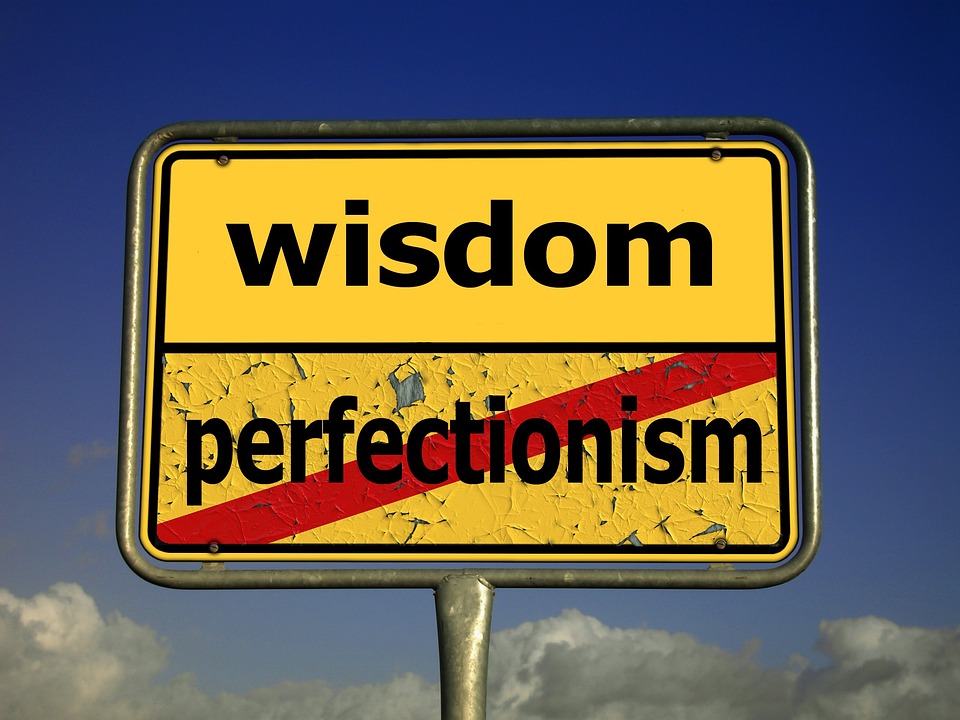A Journey of Self-Reflection: Krishna’s Teachings on Developing Wisdom and Living a Life of Purpose
Have you ever felt lost or uncertain about the direction your life is taking? Do you find yourself wondering if you’re living the life you truly want to lead? If so, you’re not alone. Many of us struggle to find purpose and meaning in our daily lives, leaving us feeling unfulfilled and restless.
According to the ancient teachings of Krishna, a life of purpose and wisdom can be achieved through the process of self-reflection. In the Bhagavad Gita, a Hindu scripture, Krishna shares valuable insights on how to develop wisdom, overcome doubts and fears, and find inner peace. In this article, we’ll explore Krishna’s teachings on self-reflection and how they can guide us on our journey towards a life of purpose.
The Power of Self-Reflection
Self-reflection is the process of examining our thoughts, emotions, and actions to gain a deeper understanding of ourselves and the world around us. Krishna emphasizes the importance of self-reflection in achieving wisdom, saying, "The self cannot be understood unless it is reflected in the mind of another self" (Bhagavad Gita, Chapter 2, Verse 14). This suggests that self-reflection is not a solo activity, but rather a collaborative process between the individual and others.
The Three Gunas
In Hindu philosophy, the concept of the three gunas – sattva, rajas, and tamas – helps us understand the dynamics of self-reflection. Sattva represents clarity, harmony, and purity, while rajas represents passion, energy, and action. Tamas represents darkness, chaos, and ignorance. According to Krishna, each individual is composed of these three gunas, and self-reflection helps us identify which gunas are dominant in our lives.
Distinguishing the Real from the Unreal
Krishna teaches that self-reflection is crucial for distinguishing between the real and the unreal. He says, "The unreal is not the ultimate reality, and what is real is eternal" (Bhagavad Gita, Chapter 2, Verse 16). This means that self-reflection helps us identify what is truly important and meaningful in our lives, rather than getting caught up in fleeting desires and attachments.
The Five Koshas
In yoga philosophy, the five koshas – physical, energetic, mental, emotional, and spiritual – represent the layers of our being. Krishna teaches that self-reflection involves examining each of these layers to understand ourselves more deeply. This process helps us develop greater awareness, discipline, and control over our thoughts, emotions, and actions.
Key Takeaways
Here are some key points to remember from Krishna’s teachings on self-reflection:
• Develop wisdom: Self-reflection helps us develop wisdom by understanding ourselves and the world around us.
• Overcome doubts and fears: Self-reflection allows us to overcome doubts and fears by confronting and overcoming our limitations.
• Find inner peace: Self-reflection helps us find inner peace by understanding and accepting ourselves as we are.
Conclusion
In conclusion, Krishna’s teachings on self-reflection offer a powerful guide for developing wisdom and living a life of purpose. By embracing the process of self-reflection, we can gain a deeper understanding of ourselves, distinguish between the real and the unreal, and cultivate inner peace and wisdom. As you reflect on what you’ve learned from this article, take a moment to consider how you can apply these teachings to your own life.
Call to Action
For more insightful articles and resources on spiritual growth and self-reflection, visit https://soul-n-life.com/. Join our community and embark on a journey of self-discovery and personal growth.
SEO Keywords: self-reflection, Krishna, Bhagavad Gita, wisdom, purpose, self-awareness, spiritual growth, yoga philosophy

